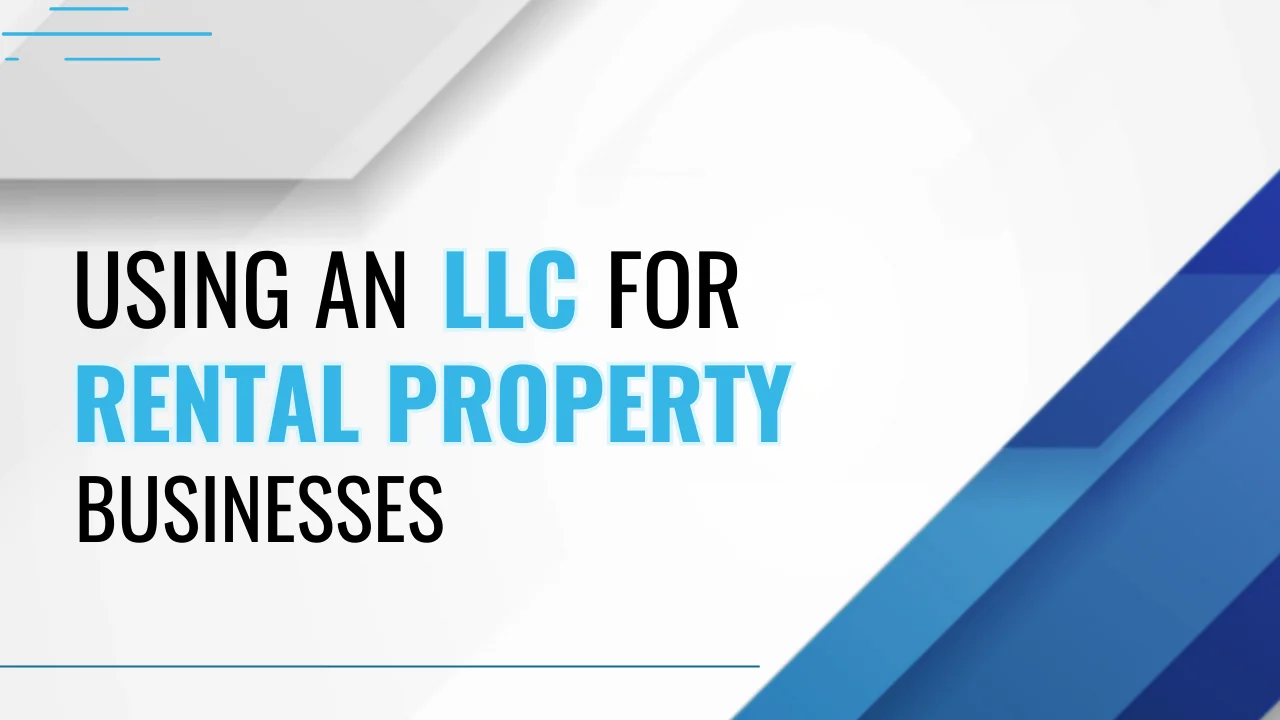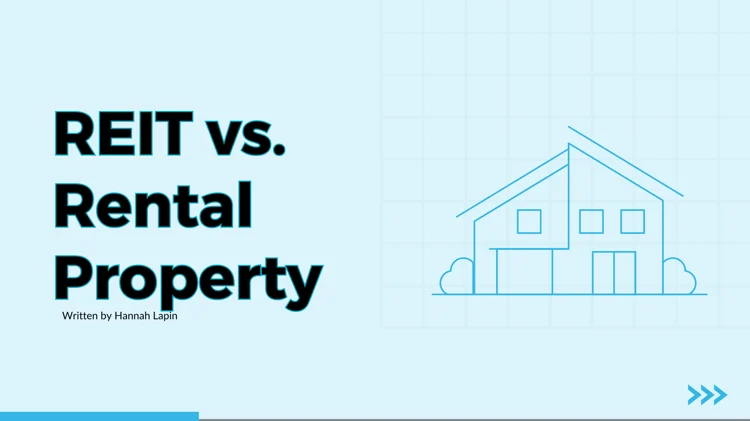Owning investment properties that generate rental income is a common strategy for building wealth. However, there are plenty of risks involved in this process, such as mingling personal assets with business expenses/debts.
The solution to this problem may be forming limited liability companies for your rental properties. The benefits of limited liability can outweigh the costs of setting up this type of business, though there are many factors to take into account. Let’s dive into what an LLC is, how it can help your investments, what setting it up may require, and what the alternatives are.
While an LLC is a great strategy for a business owner to insulate them from their investments, there are also some disadvantages that you should know about.
Dissolving LLCs
In some states, an LLC can be legally dissolved in the event of a member’s death if the LLC agreement does not address this circumstance, whereas a corporation is not dependent upon the survival of owners to continue.
Additional Costs
Maintaining a sole proprietorship or a partnership is typically cheaper than forming an LLC. There are many fees associated with the process of registering as a limited liability company, so you should weigh the costs with the benefits if you want your rental property to have a new structure.
Important Considerations When Creating an LLC for Rental Property Businesses
Real estate investors should not jump into forming an LLC without ample research and preparation. There are many things to consider first, such as the number of properties owned, if you already own them or plan to buy them in the future, the impact on financing, how the business will work with multiple LLC owners, and what state your properties are in.
Keeping Multiple Rental Properties Separate From Each Other
The more isolated your various properties are from each other, the less liability you will have. This is why having a separate bank account for each property could be wise. Financial management is much easier when there is less mingling of business assets, and you can further limit liability between properties by keeping them isolated from each other.
Forming an LLC Before vs. After Buying a Rental Property
Forming an LLC is possible both before and after buying a rental property, but there are some differences. If you form the LLC beforehand, you can purchase the property in the company’s name, which means all your documents and contracts will be attached to the name of the LLC.
If you wait until after buying the property to form the LLC, then you will have to make changes to all documents, including lease agreements, property titles, and more, to reflect that the property is now owned by a new entity.
Transferring a Rental Property Title to an LLC
If you are creating an LLC after already owning multiple properties, then there are several steps you will need to follow to transfer the title of the properties from your name to the LLC [2]:
- Sign the deed over to the LLC
- Record the deed at a local courthouse
- Pay transfer taxes and recording fees, CGT if applicable
- Alert current tenants about their future payments and new ownership
- Update lease agreements to reflect the contracts switching to an LLC
LLC and Rental Property Financing
If you already own a property, it may be challenging to form an LLC if you used a loan to buy it, whether it was a DSCR loan, conventional mortgage, or another product. The loan contract may have a “due-on-sale” clause that activates when you transfer property ownership to the LLC, forcing you to owe the full loan amount immediately. You will also have to pay transfer fees to shift the property from your ownership to the LLC.
If you create an LLC for your rental properties before buying them, then it may be harder to secure financing. You will no longer be able to secure conventional home mortgage loans and will instead be limited to commercial loans.
Creating an LLC for a Rental property with Multiple Owners
If you have a rental property with multiple owners, then forming a multi-member LLC could be the perfect business structure to adopt. Liability will still be limited, and you can choose to have members all make business decisions together or choose a manager to be the primary decision-maker. Additionally, you could create a separate LLC for each property your group owns, all overseen by a multi-member LLC for your rental property business as a whole.
Creating an LLC for an Out-of-State Investment Property
It is possible to create an LLC for an out-of-state property, though it will cost a little more than it would to just create an LLC for properties in your state. The main difference is that you have to register an in-state agent for that “foreign” LLC who can oversee it. There will be extra fees attached to this in addition to the usual fees of starting an LLC.
How to Create an LLC for a Rental Property
If you want to set up a limited liability company for a rental property portfolio, then here are the general steps you will need to follow. Variations may occur from state to state.
- Choose a name for your business
- File for an employer identification number with the IRS
- File your Articles of Organization
- Craft an LLC operating agreement
- File a statement of information/annual report
- Open a separate business bank account
How much does it cost to create an LLC for a rental property?
Costs can vary depending on the state you live in and how you choose to start your LLC. For example, if you plan to hire a lawyer to help with the operating agreement, your costs will increase. However, if you handle everything yourself, which is entirely possible, then you can keep costs relatively low.
The filing fee is the primary cost for starting an LLC, and it can range from $50 to $500 depending on the state, with many fees hovering around $100. Most states also require yearly fees to maintain the status of the LLC, which has a similar range as the filing fees, though many states have recurring annual fees under $100. Arizona, Nebraska, and New York have additional publication fees that vary by newspaper.
There are also recurring expenses such as state and federal taxes, registered agent services, and annual report fees, all varying by state.
How to Name a Rental Property LLC
Naming the LLC for your rental business may seem like an innocuous and less important task. However, this brand name will become a part of your business’s future, so it’s critical to take certain factors into consideration.
You should perform a name search with the state to see if any other businesses are using the name you want to adopt. If the name is free, then you can reserve it with the state so you have time to get everything in order. The name should be memorable and not include any restricted or controversial words.
If you plan to do business in other states in the future, make sure the name would comply with all those restrictions as well. Using the address of the property in the name could also be wise, as tenants and property management services would immediately recognize it.
Alternatives to an LLC for Rental Property Owners
If you are not as concerned about liability protection and would rather structure your company in another way, there are a few alternative business structures you can adopt [6].
- Sole proprietorship – A person owns an unincorporated business on their own
- Real estate trust – A trustee holds the title of the property to the benefit of beneficiaries
- S corporation – The owner receives a salary and there are higher standards for members
- C corporation – A decent option for owners with plenty of income, and shareholders are not equal to owners
- Partnership – Liability protection is shared between partners, and startup costs are low






